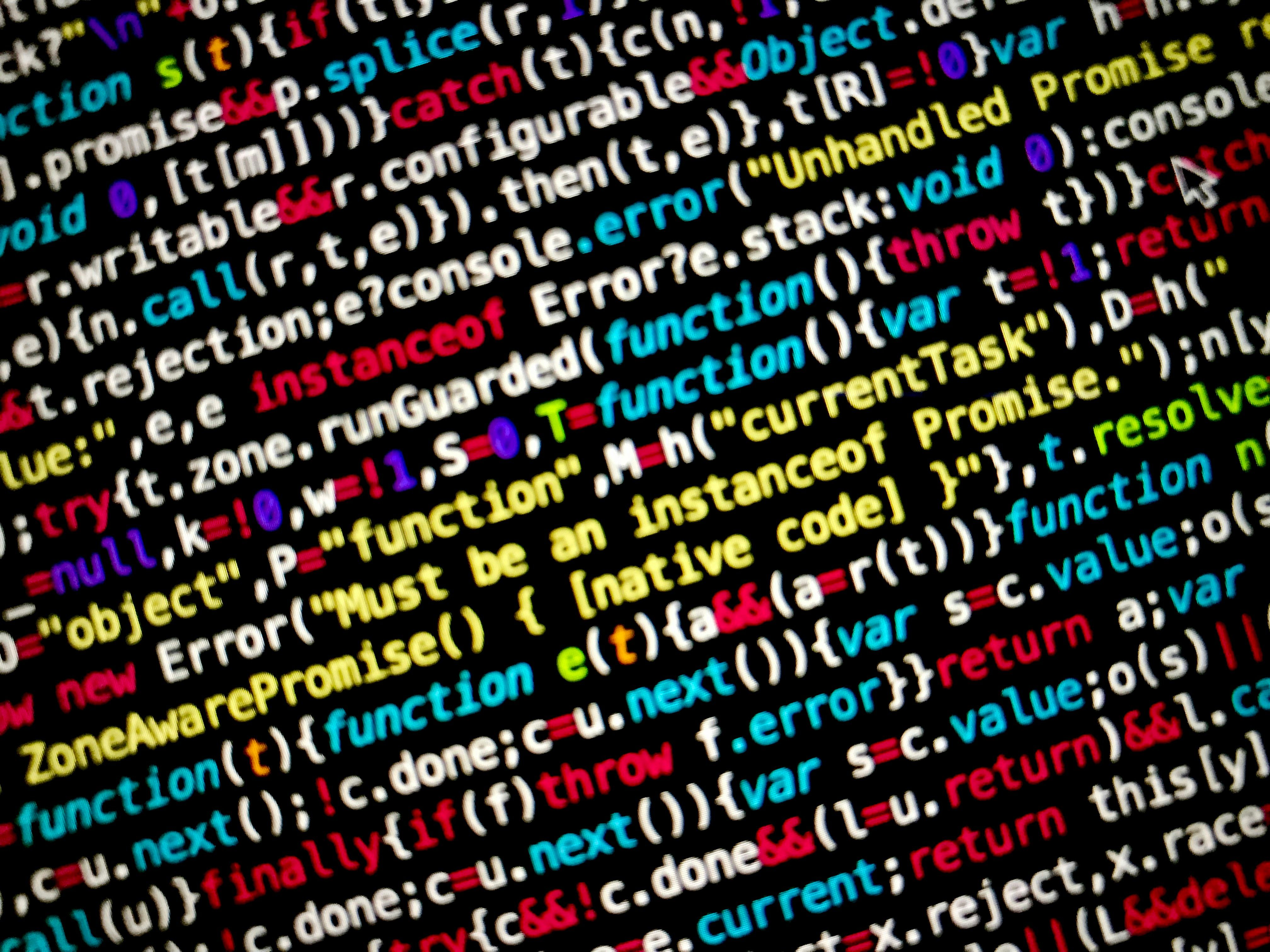AI Models in Healthcare: Promising Transformation Potential
Generative AI, a cutting-edge technology that mimics brain functions and learns from vast datasets, could be the game-changer in medical fields and beyond.
Understanding generative AI's workings is vital as it shapes the future of healthcare, making predictions, personalizing treatments, and revolutionizing drug discovery. A series of models, powered by neural networks and machine learning, enable AI to generate art, text, and a wealth of applications that span healthcare, coding, image and 3D model generation, and automotive industries.
The core of these models rests on neural networks, which mimic the human brain's actions, identifying patterns in speech, images, and other data. Machine learning comes into play, allowing generative AI to learn from large datasets through supervised, unsupervised, and semi-supervised methods.
Key models in this realm include GANs, initiated through adversarial competition; diffusion models, which generate high-quality images but take time; and transformer models, like GPT-3, excelling in text-based tasks.
Generative AI's real-world applications extend beyond art and text, including automating tasks, enhancing efficiency, and generating human-like content. Organizations such as NVIDIA offer tools streamlining AI model development.
In the world of healthcare, generative AI presents an array of possibilities. By analyzing medical images, assisting radiologists in spotting anomalies, and creating customized treatment plans, AI is helping enhance patient care. It also aids in drug development, shortening the process through simulation and forecasting.
Despite the groundbreaking potential, challenges remain. Generative AI requires significant computing power and high-quality data, which can be scarce or difficult to access. Addressing these hurdles will be crucial to discovering AI's full potential in various sectors.
While embracing generative AI comes with numerous advantages for efficiency and innovation, it also raises interpretability challenges. Ensuring models function correctly and operate without bias is vital in ensuring their fair, effective implementation across industries.
The marriage of neural networks, massive data analysis, and AI's transformative potential holds the key to unlocking medical advancements and streamlining workflows in industries across the globe.
- The development of generative AI could revolutionize healthcare not just by predicting medical conditions and personalizing treatments, but also by assisting in drug discovery.
- With generative AI, it is possible to create neural networks that mimic human brain functions and identify patterns in medical images, helping radiologists spot anomalies and enhancing patient care.
- In the healthcare sector, AI's potential extends beyond medical-condition predictions, encompassing drug development, where AI simulations and forecasting can significantly shorten the process.




